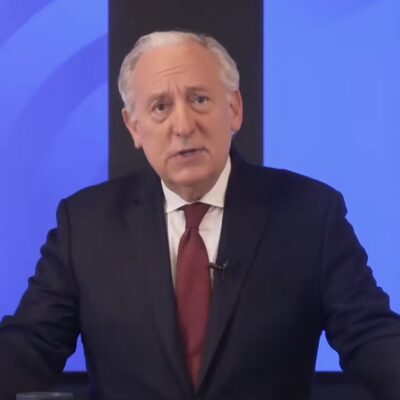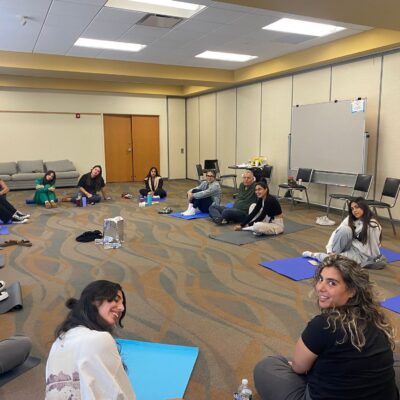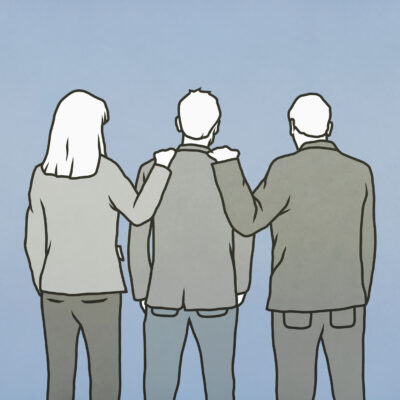Opinion
From hero to host: The role of North American philanthropy in moving Israel forward
I have a dear friend who was run over by a car this past summer. A popular woman, her time in the ER was accompanied by a cacophony of WhatsApp groups, visits, flowers and gifts. The hardest part, she told me, was when she came home and the real work of rehabilitation started. That was when she needed her friends.
When the horrific events of Simchat Torah unfolded, world Jewry, in a move that can only be described as covenantal in nature, swooped to Israel’s aid. Jewish Federations of North America reports that $650 million were raised in a little over a month, of which the Canadian Jewish community raised close to $100 million.
In those first moments and weeks, we needed what the anthropologists Margaret Wheatley and Debbie Frieze call “heroic leadership.” Heroic leadership assumes that we are somewhat in control, that we can fix things — or at least help fix things. I love this type of leadership for its sense of clarity and cohesion. It is unequivocal, umbilical and immediate.
This period of heroic philanthropic leadership is drawing to a close as the most acute period of crisis draws to a close (barring the outbreak of a full-out war in the north, Heaven forbid). The marathon for Israel’s survival and recovery, however, has only just begun.
In addition to the sprawling physical destruction and infrastructure damage, the Israeli populace presently faces incredible insecurity in its border regions. This means that the 130,000 displaced people from the north and south of the country will not return home in the foreseeable future. Border communities are splintering in an attempt to find semi-permanent residences as a next step out of their temporary dwellings. There is an inestimable amount of trauma and need for psychological support and treatment; and we know that in this environment, weaker elements of the population are left behind.

In this mid- to long-term phase of recovery and rebirth, the philanthropic community should set its hero cape aside and begin to act as leaders who are, to continue using Wheatley and Frieze’s language, hosts.
Here are four principles for leading as hosts in this moment:
- Hosts bring all stakeholders around the table, particularly those with the most to gain or lose, such as the Israeli populations on Israel’s borders, to take part in tangible discussions about their mid- to long-term futures, discussions about their evolving needs and how they imagine their communities looking different following Oct. 7.
- Hosts know that time is the most valuable resource, one required to ensure that data is gathered from the field and the right systemic and long-term assessments are made with the experts. In the case of Jewish Federations of Canada-UIA (JFC-UIA), these are made largely by the representatives on the ground in their respective regions with their local peers.
- Hosts are active learners, drawing from past experiences of emergency campaigns and allocations as well as day-to-day trial and error through check-ins and reporting. At JFC-UIA, we know that these feedback loops help make our impact more deliberate and precise.
- Hosts offer unequivocal support throughout the long process to restoration and healthy societies. Be present. Listen carefully. Be patient. Be forgiving. And be willing to step up and contribute, for the long haul.
At JFC-UIA, we apply these principles for the intermediate- and long-term recovery of Israel and serve as trusted guardians and stewards to ensure the best use of funds over time in accordance with Canadian communities’ wishes. Simply put: We ought to slow down, listen to the people and make smart, systemic moves. At the same time, we must continue to give — passionately and with the same resolve. We must be able to act swiftly, but we must also pace ourselves to allow emergent processes to develop out of the crisis situation. As we embark on a long journey of rehabilitation, let us be sure not to let our own need for immediate action and results get in the way of the timeline Israel needs.
Sarah Mali is the director general of the Jewish Federations of Canada and lives in Israel.

 Add EJP on Google
Add EJP on Google









